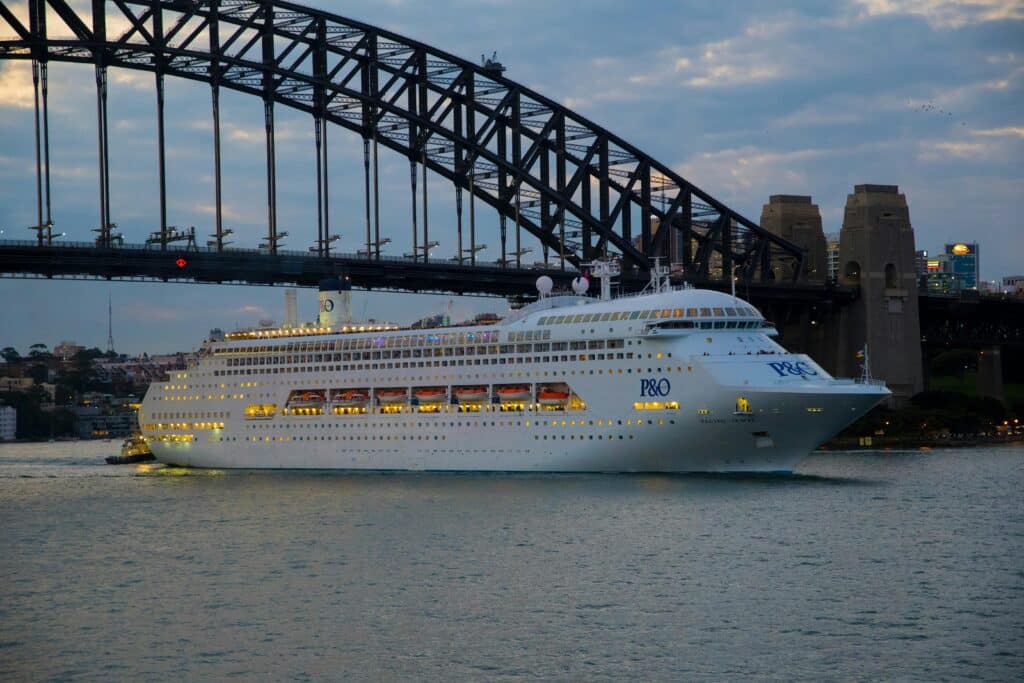You’ve almost felt the ocean breeze, packed your bags, and made plans for the perfect trip. But what if something goes wrong? Getting some trip insurance can give you the safety net you didn’t know you needed.
Generally, cruise travel insurance isn’t just an afterthought; rather, it’s about ensuring you are covered for all, from trip delays to medical crises. This blog helps you to sail smoothly regardless of what comes your way by covering the main elements you should take into account before seeking coverage.
1. Check for Cruise-Specific Coverage
You want coverage that covers things that only happen on cruises, like missing ports or medical issues on the ship. Make sure the policy covers things that could go wrong during the trip, like missing the boat because of delays that were not expected.
Some cruise lines give insurance, but you might find something else that is cheaper or safer. To make sure you’re covered, look for plans that go into detail about the risks that come with a cruise.
2. Understand Medical and Evacuation Benefits
It’s possible to get sick at sea, and cruise ships might not have the best medical services. Check to see if the insurance covers hospital bills and evacuation in case of an emergency. Your cruise travel insurance should pay for things like trips to the doctor on board or stays in the hospital at the next port of call.
If the ship is in danger or you get sick, evacuation benefits are very important. Make sure you know how the escape works and if it includes getting to the nearest hospital.
3. Review Trip Cancellation and Interruption Terms

Life gets hectic, and you might have to cut back on your journey or halt it. Look to check whether the insurance covers cutting back on or canceling a vacation. While some plans might only cover particular situations, others let you receive your money back should you become ill or have a family crisis.
Know also when you must cancel for your advantages to begin. Some policies allow you to cancel up to a particular time before the trip; others do not reimburse you at all should you cancel too near the trip.
4. Assess Coverage for Missed Connections
Check to see if the insurance will pay for things if you are late and miss the trip. Coverage should include a place to stay, food, and a way to get to the next port to meet the ship.
Some plans only cover certain things, so knowing what’s covered will help you choose if the extra coverage is worth it. Being ready is better than having to scramble for answers, especially when you’re traveling somewhere new.
5. Look into Coverage for Lost or Delayed Baggage
It can be stressful to lose your luggage, especially if you’re going on a trip. Make sure the insurance covers bags that get lost, stolen, or arrive late. You want to know how much you can get back for things like clothes and toiletries that you need if your luggage doesn’t show up on time.
Also, make sure you know how long you have to wait before the insurance starts to pay out. There may be delays, so make sure the service meets your needs and gives you enough money to replace what you’ve lost.
Match the Complexity of Your Itinerary
A one-size-fits-all insurance policy just won’t do for cruise travel. Review your choices and select a policy that provides the coverage you require for every port of call and unplanned occurrence.
















